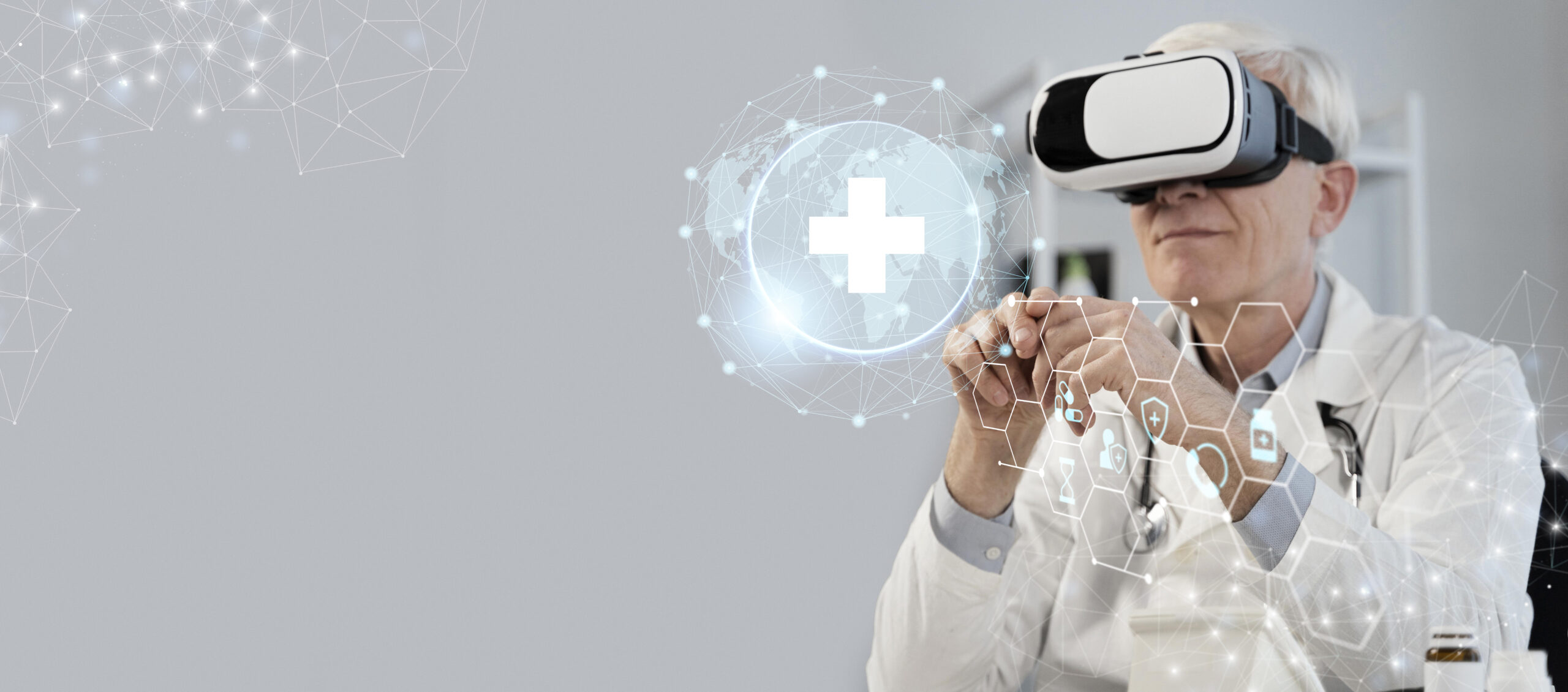Now that Artificial Intelligence (AI) and Machine Learning has been integrated, the healthcare industry has seen a sea of change and all for the good. These cutting-edge technologies have now become more than jargons and have revolutionised the delivery of healthcare, starting from treatment plans to diagnostics. AI and ML have also infiltrated the areas of personalised treatment, predictive analysis, diagnostic precision, drug discovery, operational efficiency as well as patient-doctor interactions.
As a result, the industry is thriving with increased efficiency and lesser scope for human errors and time-consuming, costly processes, which come with the traditional healthcare practices. With time, the situation will keep improving in leaps and bounds, making healthcare one of the most advanced industries of all others.
In this blog, AI and Machine Learning in Healthcare we will see how exactly this is happening in this industry and the effects that can be seen as a result.
Effects of AI and Machine Learning in Healthcare
● Personalised Treatment:
AI and ML are now helping healthcare institutions and professionals by devising a personal approach in terms of treatment. Machine Learning algorithms have the capacity to process extensive levels of datasets, which include patient information like medical history, genetic information and lifestyle factors. On analysing these data points AI will be able to generate a personalised treatment plan to suit the needs of a particular patient. This goes a long way towards optimising patient treatment and minimising any potential adverse effects due to the treatment.
● Predictive Analytics for Disease Prevention
When it comes to disease prevention, predictive analytics is an extraordinary feature and thanks to Artificial Intelligence (AI), it is now accessible to the healthcare industry. With the help of healthcare data, AI analyses various patterns and trends and keeps developing the ability to forecast outbreaks of diseases and also identifies the individuals who might have higher risk factors. The predictive analytics also allow timely medical intervention and implementation of preventive measures so that the spread of the disease can be mitigated.
● Drug Discovery
AI and ML also have a huge contribution towards drug discovery and development. This is no news that the traditional process of discovering new drugs is not only cumbersome but also time-consuming, let alone costly. On the other hand, machine learning algorithms have the capacity to analyse biological data, choose potential candidates and finally predict the efficiency of these drugs. AI then scans the huge datasets, expedites the relevant molecular structures that have therapeutic potential and helps to reduce the time and cost associated with drug development by a great deal.
● Operational Efficiency
AI and ML can also be utilised to optimise the operational as well as administrative tasks within the healthcare industry. Be it scheduling appointments to billing processes, they can automate the routine tasks that can take up a lot of manpower as well as time. All this can result in increased efficiency of workflow, reduction in errors and cost savings.
● Patient Doctor Interactions
When it comes to patient doctor interactions, NLP or Natural Language Processing, a subset of AI has done significant job in its improvement. NLP enables the machine to understand and generate human-like texts, which can facilitate in extracting relevant information from the electronic health records. This automatically improves communication between healthcare professionals and patients thereby enhancing the entire healthcare scenario.
● Diagnostic Precisions
Last, but not the least, AI also has the ability to improve DIagnostic precision. In fact, machine learning algorithms, which are trained to work with vast datasets have been able to show extraordinary accuracy while analysing X-Rays, MRIs and even CT scans. As a result, it becomes faster and easier to locate any anomalies, so that the “real” disease can be identified and that too at the early stages.
Conclusion
So it needs no further explanation that MI and AI are going to go a long way into bringing about revolution in the healthcare industry. As mentioned above, the impact of these technologies on personalised treatment, predictive analysis, diagnostic precision, drug discovery, operational efficiency as well as patient-doctor interactions are truly important and impactful. WIth the passing of time, human intelligence, coupled with Artificial Intelligence will not only make the healthcare industry more efficient and accessible but to a great extent patient-friendly as well.

